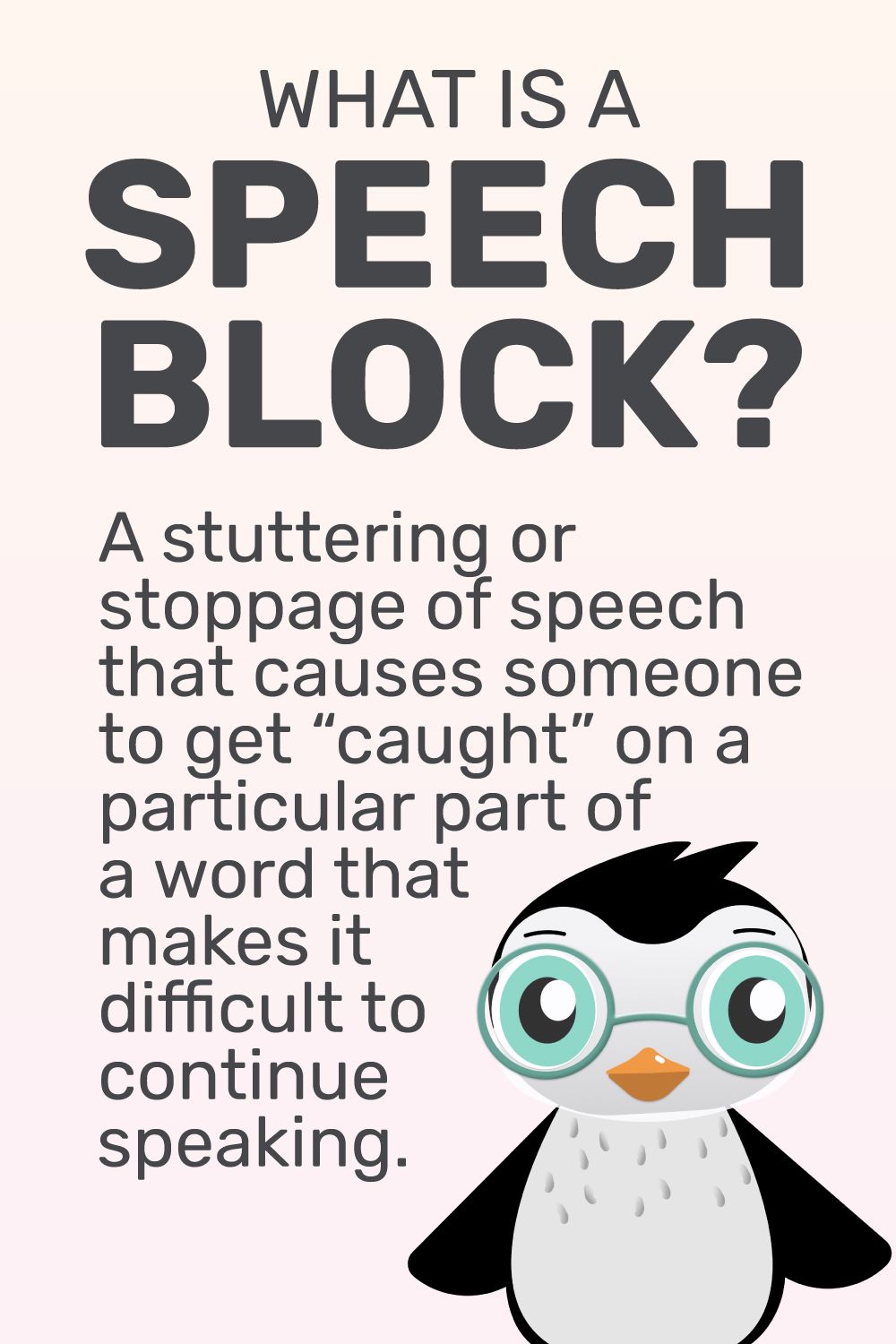Understanding the common symptoms of Moebius Syndrome can help parents and caregivers provide the best possible support for their child. Here are some symptoms to watch out for:
- Limited facial expressions: Difficulty moving facial muscles, leading to challenges in smiling, frowning, or showing other expressions.
- Eye movement problems: Children may have difficulty moving their eyes laterally or vertically.
- Feeding difficulties: Weak facial muscles can impact swallowing, leading to challenges in feeding.
- Speech difficulties: Impaired facial muscle control may affect speech articulation and clarity.
- Hearing impairments: Some children with Moebius Syndrome may have hearing difficulties due to inner ear abnormalities.
Early identification of Moebius Syndrome symptoms is crucial for effective management and intervention strategies. Goally, a tablet with fun apps, supports kids with Moebius Syndrome in building life & language skills. With digital schedules, AAC, and gamified learning, aids communication, routines, and social skills, enhancing their overall quality of life.















